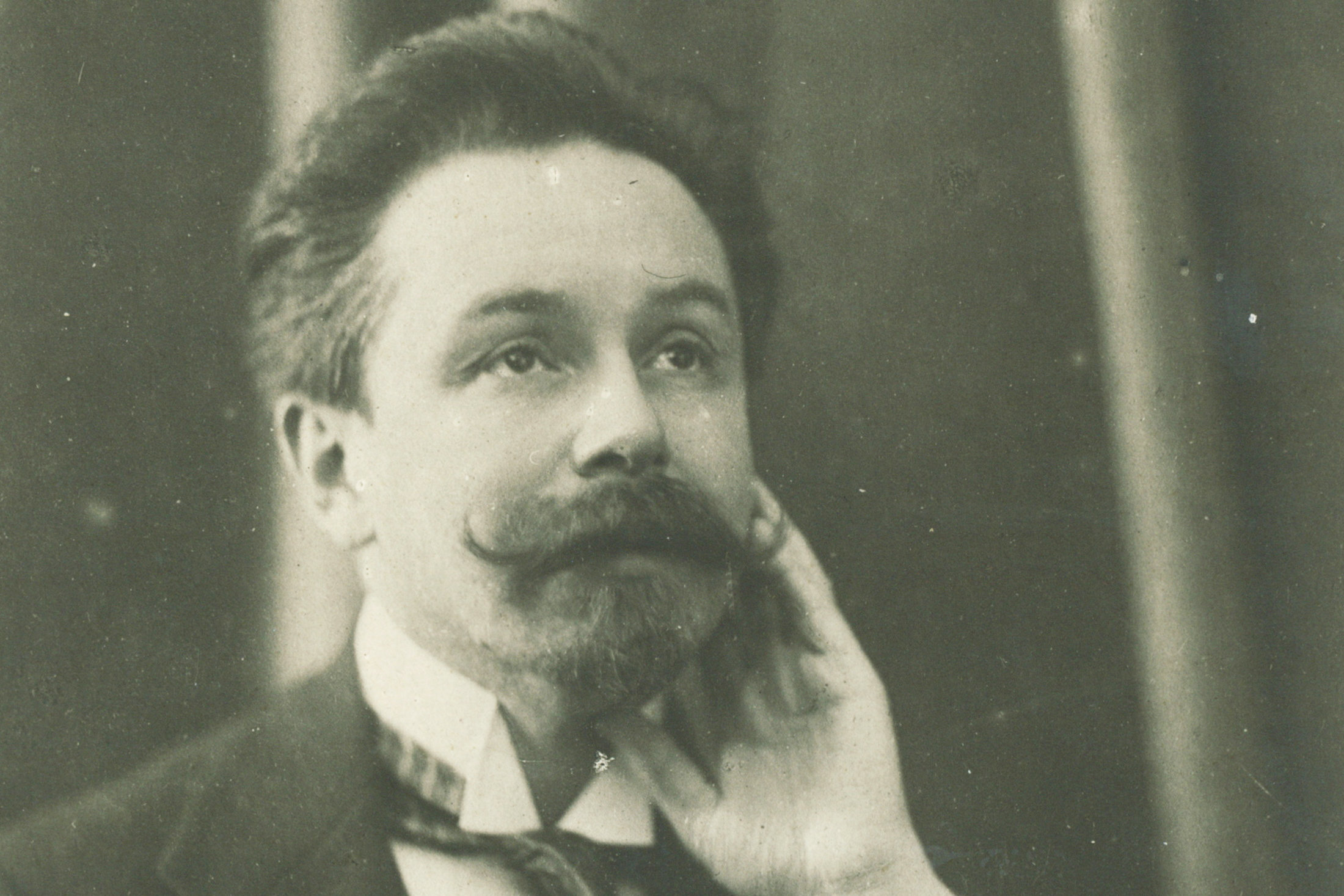February 2, 2022 | Svetlanov Hall of the Moscow Performing Arts Center
Concert to the 150th Anniversary of Alexander Scriabin
Conductor – Vladimir Spivakov
Scriabin. Symphony No. 2 in C minor, Op. 29
Lyadov. “The Enchanted Lake”, a fairy-tale scene for orchestra, Op. 62
Scriabin. “Le Poème de l'extase”, Op. 54
In 2022 the world of music is celebrating the 150th anniversary of Alexander Scriabin, the outstanding Russian composer, pianist, thinker, “an inspirational explorer of new paths” as Nikolai Myaskovski called him. Among the events dedicated to this date, one of the apexes will surely be the concert of the National Philharmonic Orchestra of Russia under the baton of Vladimir Spivakov.
According to Vladimir Spivakov, Scriabin's music can be compared to a planet which, by its gravitation, drags in everything approaching it, and today's audiences have yet to uncover it in full for themselves. “Scriabin is astonishingly modern!” - The maestro says. - “The sense of anxiety, unpredictability of being, impossibility of affecting the aftermath of events, the existence of an external force which hinders the demonstration of our will. All this is genuinely expressed in his works.”
Scriabin, who exercised most intense philosophical and religious searches, thought that the arts should give an impulse to the reformation of people and the Universe, to the avowal of the power of the emancipated human spirit. This idea, expressed by using varied musical symbolism, is implemented in “The Poem of Ecstasy” (Le Poème de l'extase), where the author craved for “the highest magnificence in the sphere of the highest subtlety”, and in the Second Symphony, i.e. in the works included by Vladimir Spivakov into the concert program. The concert will also feature the symphonic poem “The Enchanted Lake” by Anatoly Lyadov, who was Scriabin's friend and ally, and the first conductor of his two symphonies. Lyadov was also a fine master of orchestration and Scriabin entrusted him the proofreading of the score of his Second Symphony before publication.




